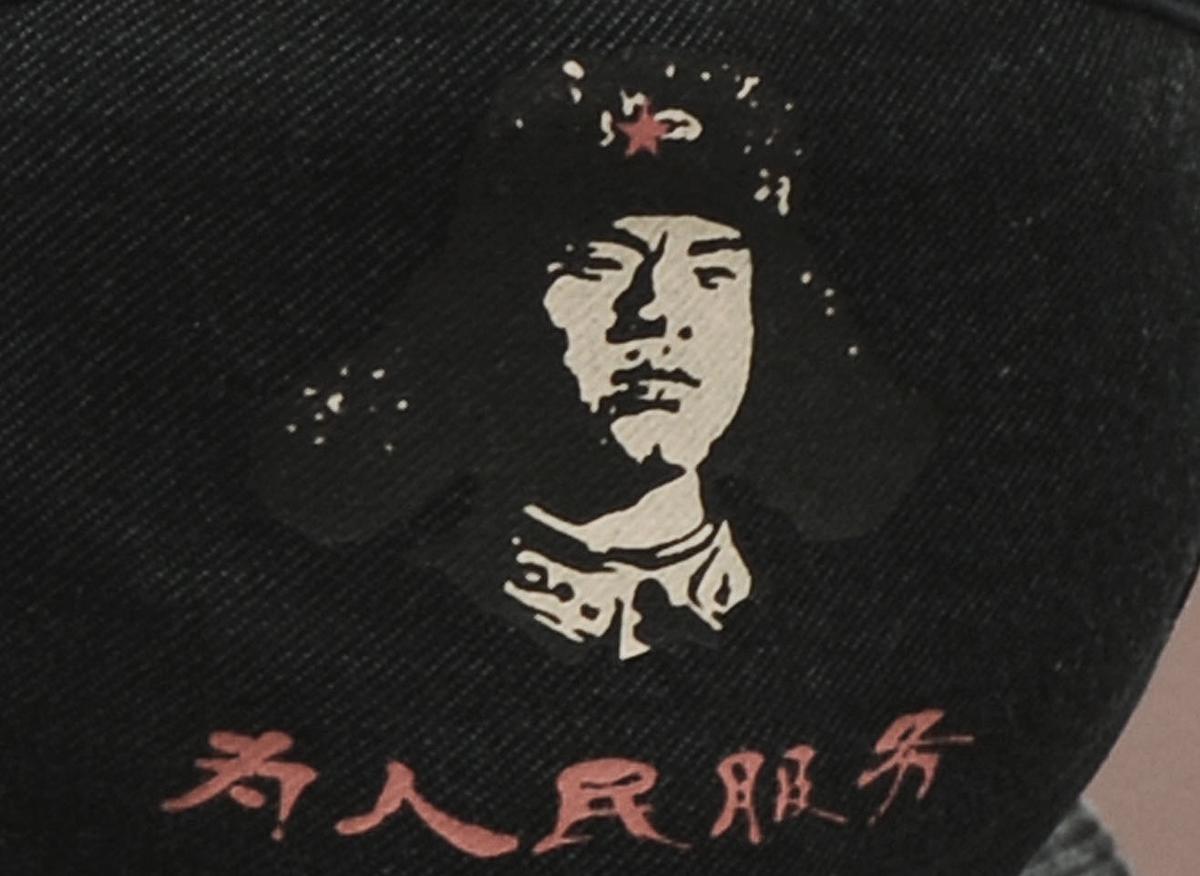“People who harm the name, portrait, reputation and honor of heroes and martyrs” will be held accountable, reported China’s Communist Party-run Xinhua News Agency on March 13, referring to a line added to a draft civil law code.
Xinhua also noted that the draft laws would consider children as young as 8 to have “capacity for civil conduct,” down from the previous age limit of 10. An earlier draft contemplated charging mere six-year-olds with blaspheming the Party’s martyrs.
The Chinese Communist Party (CCP) guards its history closely, carefully airbrushing events to paint its 1949 overthrow of republican China and subsequent leadership as both historically inevitable and a boon for the Chinese people.
Citing unnamed public officials, Xinhua said that “certain people have maliciously defamed and insulted heroes and martyrs through twisting the truth and slander, harming the public interest and causing adverse social impact.”
The new law was added to the draft upon the suggestion of lawmakers in the National People’s Congress—the rubber-stamp parliament that effectively echoes CCP policy and ideological attitudes.
The Party avoids in-depth or holistic discussion of its past, preferring to inflate the presence of officially-approved narratives and individuals. Last July, Zhang Shujun of the Party History Research Center announced a research initiative to “conquer public opinion with persuasive and inspiring stories of the Party’s historical achievements,” as worded by the state-run Global Times.
In its propaganda, the CCP has combined semi-mythical accounts of heroic personas with its ideological messages of revolution, class struggle, and loyalty to the Party organization—characteristics that are supposed to have been indispensable to the survival of the Chinese. Famous among these is the soldier Lei Feng, upheld as the archetypical strong but downtrodden Chinese, who was supposedly born of excellent class background and during his short life worked with selfless dedication to communist leader Mao Zedong. Though most scholars are skeptical about his purported deeds, and even his existence, Lei still has an official holiday, “Learn from Lei Feng Day,” in his honor.





